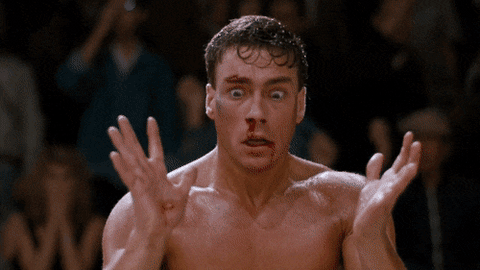The music and hype is not real
Nervousness kicking in for your big day of competition? As a promoter, my job is to hype up our upcoming event, Project Mayhem. I want people to think that this will be the biggest and most badass event. Posters, highlight videos, and different marketing tools will be used to build excitement in order to sell tickets. At the event, I’ll have the production team employ music, smoke, and maybe even fire to further entertain the audience and amplify the spectacle.
BUT
That is not my job as a coach. As a coach, I want you (the student, the developing athlete, the competitor), to see what a competition event truly is. Take away the lights, cameras, hype, drama, music, and all the other theatrics; what you are left with are two athletes doing what they already do every training session, and that is to fight. Everything else is just unnecessary noise and distraction.
The promoter will try to sell to the viewer and athletes that this will be the end all be all event. As a competitor participating in the event, you must try to look beyond all of that and see it for what it really is, two athletes fighting while accompanied by a referee, judges, and cornermen. Simple.
MY PERSONAL EXPERIENCE
I remember way back in my 4th Muay Thai fight when I let the lights and the intensity of the event get to me. The event was hosted by my home club, TKO Fighting Arts and it took place at Elements Nightclub. Big fancy spot lights directed at the ring, loud music, and an even louder hometown cheering your name - I let it all get to me. I went out guns blazing and gassed in the 3rd round. I was lucky enough to pull through with a victory but boy was I tired. Moral of the story? Embrace all the action, soak in the surroundings, and have fun with it but remember to keep everything in perspective. Train the way you fight, fight the way you train.
Don’t make it out to be more than it ought to be.
Two fighters, a ref, judges, and cornermen - F@&# everything else.
This post was inspired by John Danaher's insight.















